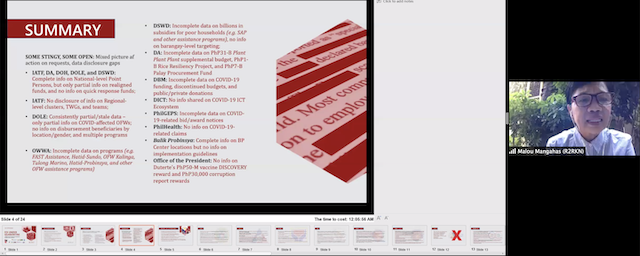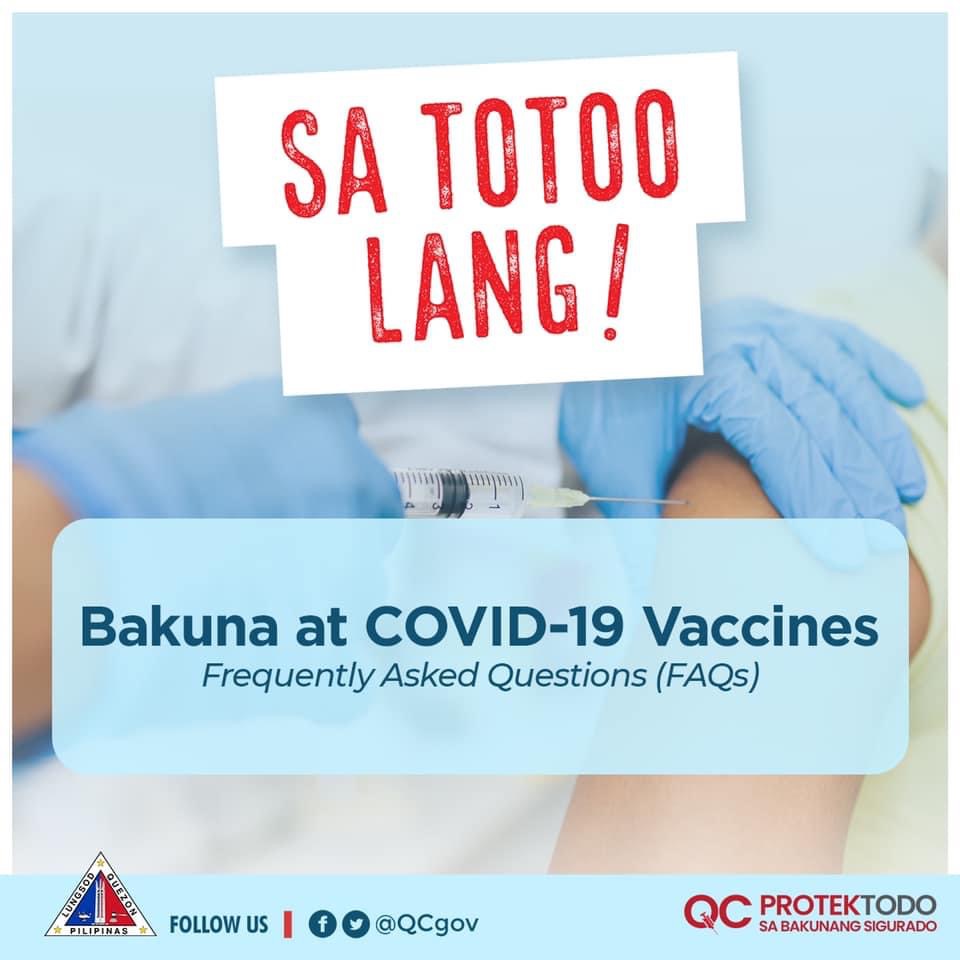Public’s right to know in the fight vs Covid-19
If not for the huge validation backlog, the Philippines would soon be on its way to having the most number of confirmed cases of the coronavirus disease 2019 (Covid-19) in Southeast Asia. The government has so far focused on downplaying the true extent of the health crisis by emphasizing the number of active cases, a number that could be misleading as it does not account for the backlog in validation of positive cases. The Department of Health (DoH) should come clean and tell the people the real score. Now is not the time to cherry-pick statistics. The public deserves to know the real situation.
What is making it worse are statements of government officials that could make Filipinos complacent. For instance, Health Secretary Francisco Duque 3rd’s initial statement that the Philippines “successfully flattened the curve since April” was not accurate. Duque did not even support his claims with a graph. Hours later, he admitted his mistake and clarified that the curve got “bent” and did not flatten. I don’t see any bending downwards of the curve in the log and linear scales from the University of the Philippines Covid-19 Pandemic Response Team (http://endcov.ph). Last June 30, Palace spokesman Harry Roque Jr. exclaimed, “Panalo na tayo. We beat the UP prediction. Let’s do it again in July.” And two weeks later, the 36,438 confirmed cases as of June 30 rose to 58,850 on July 15. Both claims are an insult to our health care workers and frontliners. While the rise in confirmed cases is most likely because of more testing, Dr. Tony Leachon on Twitter said, “I don’t think we have flattened the curve based on our increase in cases, number of deaths, and full critical care capacity of the National Capital Region and Cebu hospitals.”
The DoH should review its own data to guide the Inter-Agency Task Force for the Management of Emerging Infectious Disease, the government and the public. The Right to Know, Right Now! Coalition (R2RKN) 17-page report on “Freedom of Information (FOI) Under Quarantine” from March 29 to July12, 2020, stems from its monitoring on government’s response to the Covid-19 pandemic through the public FOI Request Tracker initiative.
READ: FOI under quarantine
In the 35 requests filed by R2RKN, its letter mentioned “invoking our right to information to promote and safeguard transparency and accountability from public agencies, to access services and stake claims to other rights, and to facilitate positive initiatives like policy research, planning and on-the-ground action… and so that all Filipino citizens could be fully informed and empowered in the fight against the dreaded Covid-19.” Public interest, according to R2RKN, “will be served best by transparency, accountability, and the steady flow of good, relevant, and useful information for all.”
The outcome of its request revealed confusing, scant, missing and denied information on programs, contracts and subsidy funds. It revealed many gaps in its data disclosures. Allow me to cite the case of the DoH, which is the only government agency that collects, processes, posts and updates information regularly. However, the information that it has made available remains under challenge from persistent concerns. The daily case counts do not provide a clear picture of how the virus is spreading. DoH has been missing its daily testing targets. Then there is the absence of a comprehensive picture of the capacity of local government units to respond to local cases.
R2RKN agrees translating data to information, and information to policy and action, is a complicated process. Despite all the adjustments that DoH made in its reporting, the data does not show a clear picture of the pandemic situation in the country. The Health department keeps showing data points but has offered little explanation on where and why new cases are emerging. Where are the clusters located and which sectors — health care workers, repatriates, highly mobile workers? Such information could help Filipinos understand the situation and be on the alert on how to protect themselves better.
Government would do well to offer, provide, and disclose to all citizens information and data that are timely, accurate, and relevant, as reiterated by the R2RKN report. It concludes that “more than post-facto reports, the government must inform and prepare all citizens about what it plans to do next, how interventions could be improved, and how the nation could move and heal as one in addressing the challenges of Covid-19, social amelioration, and economic recovery.” Government must bridge its many lapses in transparency.
First published on Sunday Business & IT, July 19, 2020


